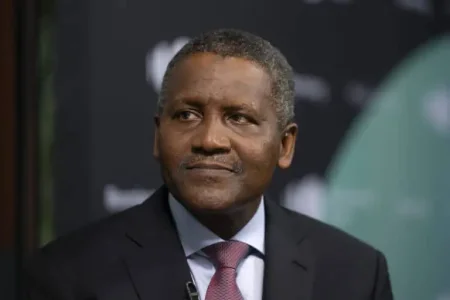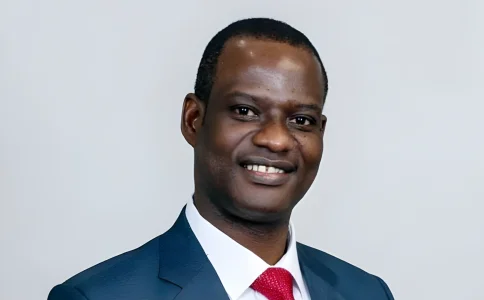
Allegations of misconduct against Central Bank of Nigeria Governor Olayemi Cardoso and his deputies have surfaced, accusing them of misusing public funds and abusing their positions. With claims of extravagant allowances and improper hiring practices, calls for accountability are intensifying amid ongoing economic challenges in Nigeria.
Fourteen months after the suspension of former Central Bank of Nigeria (CBN) Governor Godwin Emefiele, current CBN Governor Olayemi Michael Cardoso is now facing allegations of misconduct and abuse of power. Credible sources within the bank have accused Cardoso and his four deputy governors of using their official positions for personal gain, raising serious questions about the institution's integrity and the administration’s reform efforts.
One of the most alarming claims involves the reported increase in annual housing allowances for Cardoso and his deputies to nearly N1 billion each. This staggering figure is particularly shocking considering that they already reside in luxury homes in Abuja’s affluent Maitama district, prompting outrage among those who believe such expenditures are unjustifiable during a time of economic distress.
Moreover, sources allege that the governor and his deputies have upgraded their international travel arrangements from business class to first class, with flights costing upwards of $15,000. Such extravagance is deemed inappropriate given the current economic climate, where many Nigerians struggle to afford necessities.
The accusations extend to the hiring of high-priced consultants with limited relevant experience and the implementation of substantial salary increases without the necessary board approval. Staff morale at the CBN is reportedly low, with fears of layoffs looming amid these controversies.
As the pressure mounts, there is a growing demand for transparency and accountability within the CBN. The public is now awaiting Governor Cardoso’s response to these serious allegations, which threaten to undermine the credibility of the CBN and the stability of the Nigerian economy.
Source: Leadership




